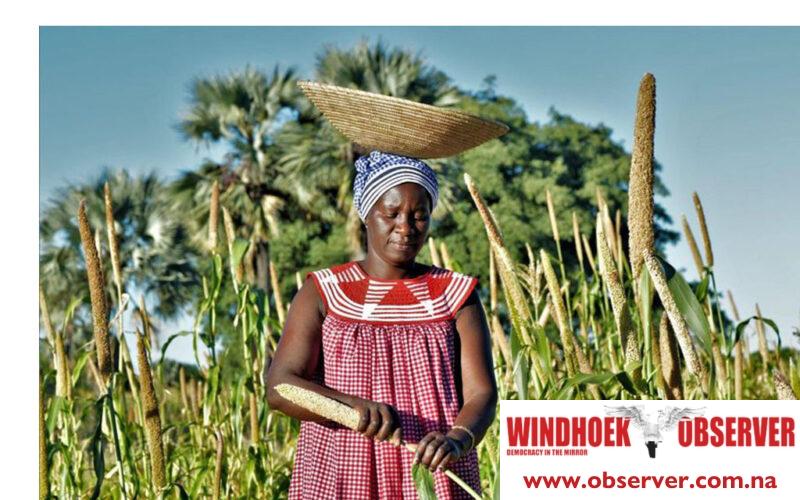Niël Terblanché
Namibia’s Ministry of Agriculture, Water and Land Reform (MAWLR) convened a workshop to gather stakeholder feedback on the proposed regulations for the Seed and Seed Varieties Act (No.23 of 2018).
The workshop, launched by Deputy Minister Anna Shiweda on Wednesday, marks a step towards the finalisation and implementation of the Act’s regulations aimed at fortifying the agricultural sector and ensuring food security,
“We need inputs from all our stakeholders to finalise the regulations. Both small-scale communal farmers and large-scale commercial farmers play an essential role in Namibia’s socio-economic development, and their voices must be heard,” Shiweda declared,
The Seed and Seed Varieties Act passed in 2018, has undergone extensive consultations to ensure its regulations cater to the needs of the entire Namibian farming community.
Shiweda pointed out the importance of a well-established and coordinated seed system, highlighting the necessity of both the Seed and Seed Varieties Act and the Plant Breeders’ Rights Act.
“Gazetting the regulations will enable us to enforce and facilitate the registration of seed producers, processors, and dealers, as well as control seed imports and exports,” Shiweda explained.
The agriculture ministry plans to establish regulatory bodies such as the Namibia Seed Council and the Seed Certification Service to oversee the seed industry effectively.
The workshop is a continuation of previous consultation meetings held in various regions, including Oshakati and Rundu.
These efforts underline Namibia’s commitment to transitioning from an unregulated seed system to a formalised and structured industry.
The Seed and Seed Varieties Act of 2018 aims to regulate all aspects of seed production and trade within Namibia.
It aligns with the Southern African Development Community (SADC) agreements on harmonising seed regulations, ensuring quality assurance, and facilitating cross-border seed trade.
The Act includes provisions for the registration of seed varieties and the certification of seed quality to ensure that farmers have access to high-quality seeds, which is critical for agricultural productivity and food security.
Namibia is also in consultation with the International Union for the Protection of New Varieties of Plants (UPOV) to accommodate the demands of farmers and potential seed companies, ensuring that the regulations support both domestic and international standards.
Shiweda acknowledged the Directorate of Agricultural Research and Development’s (DARD) efforts in maintaining breeding programs and producing seeds despite limited resources.
She expressed confidence that the new regulations would allow individuals, organisations, and companies to take on more responsibilities in seed activities, while the Ministry would focus on quality assurance.
The deputy minister also recognised the technical and financial support from the GIZ, which has been instrumental in facilitating the consultation process.
Shiweda stressed that quality seed is the foundation of agriculture and crucial for addressing the challenges posed by climate change and variability.




